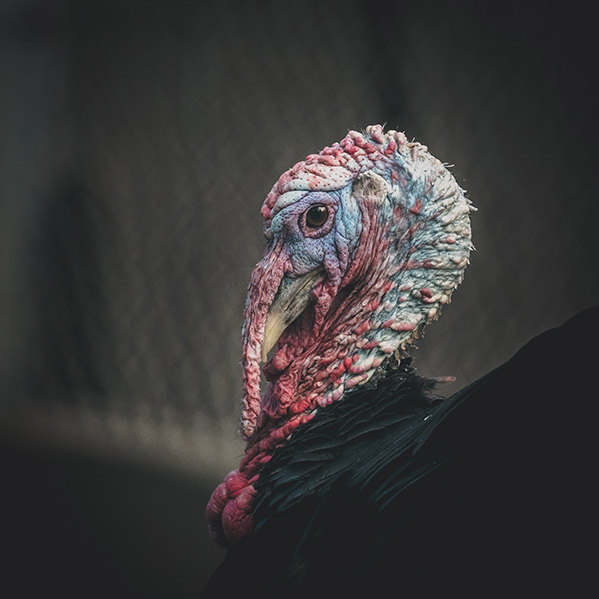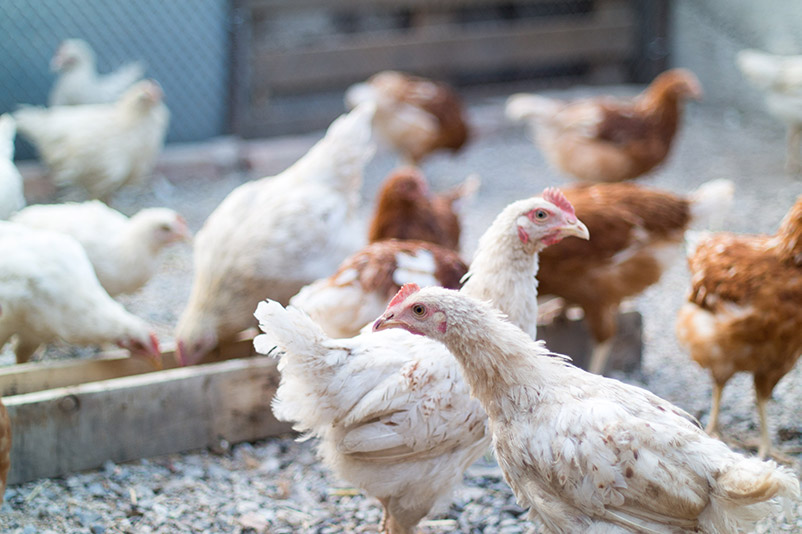Section 1 | An Overview of Necrotic Enteritis
Industry
Page 06 /
Host Factors
Immune Status
We know that necrotic enteritis (NE) is most common in young birds — particularly broiler chickens, replacement broiler breeders, and young meat turkeys1. The disease typically hits birds between 2-5 weeks of age. This is the time period associated with a reduction in maternally derived immunity2, or the period in which birds can no longer rely on antibodies absorbed through the egg yolk. In other words, they must rely on the development of their own immune system.
In addition to reducing maternally-derived immunity, there are other factors that may hinder the immune system of birds.
Certain infections, such as Marek’s disease, infectious bursal disease virus, and chicken anemia virus can all suppress the immune system and lead to more severe NE in your flock2.
Prevention of disease and good management practices will help to prevent the spread of disease in your flock without relying on antimicrobial medications
Genetics
There are certain genetic varieties of poultry that show resistance to NE infections3. Much of this disease resistance is driven by immunity — certain genetic variants of birds are less affected by NE, and therefore have immune systems better-capable of fighting the infection. As our understanding of the relationships between genetics and disease resistance improves, companies will be able to select for disease resistant lines — it may be closer than we think!
References
- Kaldhusdal M, Jordan FTW. Clostridia. In: Poultry Diseases. 6th ed. Elsevier Ltd.; 2008. p. 200–14.
- Moore RJ. Necrotic enteritis predisposing factors in broiler chickens. Avian Pathol. 2016;45(3):275–81.
- Zahoor I, Ghayas A, Basheer A. Genetics and genomics of susceptibility and immune response to necrotic enteritis in chicken: a review. Mol. Biol. Rep. [Internet]. 2018;45(1):31–7. Available from: http://dx.doi.org/10.1007/s11033-017-4138-8

